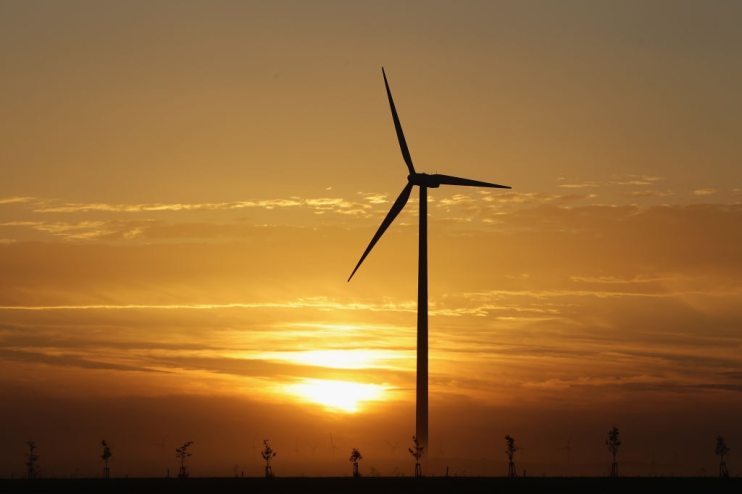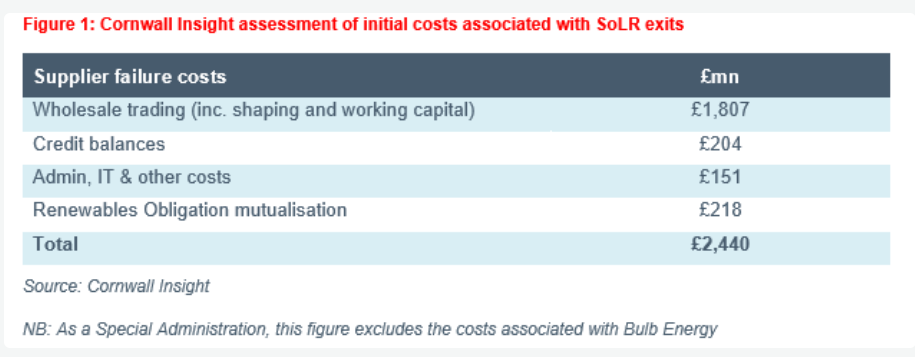Energy bills could spiral to almost £2,000 per year warns Cornwall Insight

The consumer price cap will rise to by over 50 per cent in April, when Ofgem meets next month to discuss hiking the mechanism, according to the latest gloomy forecasts from energy specialists Cornwall Insight.
Industry analysts have been forecasting a potential 60 per cent bump in the current tariff for average since November, with expectations the price cap could increase to as much as £2,000 per year.
While Cornwall Insight’s current predictions of the cap rising to £1,897 per year for average fall below this threshold, the updated costs still represent a sizable hike on the current £1,277 limit .
The report, written by senior consultant Dr Craig Lowrey, also anticipates prices could be ramped up in October.
He said: “Our winter 2022-23 forecast, which has yet to commence the formal price calculation period running February 2022 to July 2022 inclusive, is £2,054 per annum.”
The group’s estimates have priced in both soaring wholesale prices and the costs of suppliers exiting the market over the past four months, which has seen 26 suppliers cease trading and Bulb Energy enter de-facto nationalisation.
The latest forecast also builds on industry fears that high energy prices could now be baked into the market, and potentially be further exacerbated by geopolitical tensions between Russia and Ukraine.
Energy UK’s chief executive Emma Pinchbeck has also recently warned of a second potential 10-15 per cent rise when the price cap is reviewed for a second time this year.
It suggests the current bill for the supplier of last resort (SoLR) process, which onboards consumers from fallen firms to surviving companies, stands at an eye-watering £2.44bn, with wholesale energy purchase costs amounting to 75 per cent of the princely sum.

Lowrey did not expect the default tariff cap to be discontinued or reformed despite pressure from high profile critics in the industry such ScottishPower chief executive Keith Anderson and Utilita Energy founder Bull Bullen.
He noted that both Ofgem and the government remain committed to the cap which has served to protect consumers from the reality of rising wholesale costs, while Cornwall Insight recently revealed in previously released data that the energy price cap is now level with the cheapest competitive deals on the market.
The consultant suggested any further measures to reduce costs for consumers would have to take into account key factors such as Bulb’s future, the behaviour of the non-domestic market, and potential slumps in wholesale prices.
As it stands, the government is weighing up a host of options to minimise costs for consumers from one-off £500 cash grants to full-scale loans involving public money for energy supplier.
Business secretary Kwasi Kwarteng even reportedly met with industry chiefs over Christmas, with both parties agreeing consumers had to be protected, but failing to agree on any specific measures.